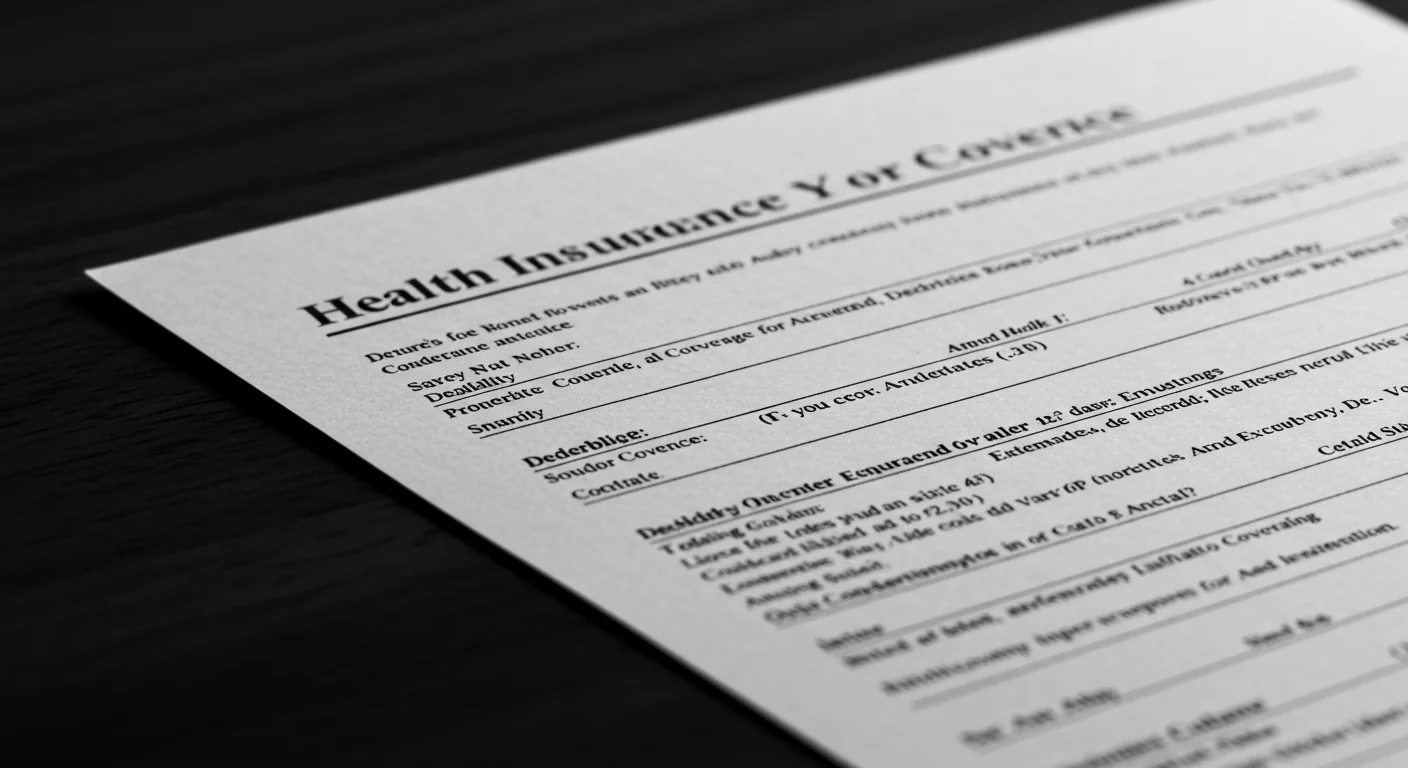In a world that throws curveballs like a Major League pitcher, mental resilience is the secret weapon everyone needs. It’s that magical quality that helps people bounce back from setbacks faster than a rubber band on caffeine. Whether it’s tackling everyday stress or navigating life’s unexpected twists, having a resilient mindset can make all the difference.
Imagine facing challenges with the confidence of a cat who just knocked over a vase and then struts away like it owns the place. That’s the power of mental resilience. It’s not just about surviving tough times; it’s about thriving in the face of adversity. So, let’s dive into the art of building mental resilience and discover how to turn life’s lemons into a refreshing glass of lemonade—complete with a little humor and a lot of grit.
Table of Contents
ToggleUnderstanding Mental Resilience
Mental resilience involves the ability to adapt in the face of adversity and stress. This quality helps individuals navigate life’s challenges effectively.
Definition of Mental Resilience
Mental resilience refers to an individual’s capacity to recover quickly from setbacks and difficulties. It encompasses emotional strength and a positive mindset. People with mental resilience approach challenges as opportunities for growth rather than insurmountable obstacles. Building this mental fortitude involves developing coping strategies and flexibility in thinking. When adversity strikes, resilient individuals maintain focus and adapt their responses to align with their goals.
Importance in Daily Life
Mental resilience plays a crucial role in everyday life. It enhances one’s ability to handle stress in a productive manner. Resilient people exhibit improved performance in both personal and professional settings. They often show greater emotional stability, allowing them to maintain relationships and work effectively under pressure. Furthermore, mental resilience supports overall well-being by fostering a positive outlook and reducing the risk of anxiety and depression. Adapting to change effectively becomes possible when individuals leverage their mental strength.
Factors Influencing Mental Resilience

Mental resilience is influenced by various factors. Personal characteristics and environmental influences play significant roles in fostering this quality.
Personal Characteristics
A strong sense of self-efficacy enhances mental resilience. Individuals with high self-efficacy believe in their capability to manage challenges effectively. Emotional regulation skills contribute significantly to this capacity. These skills help individuals maintain composure during stressful situations. Adaptability allows for flexibility in the face of change, supporting resilience. Positive mindset also impacts how individuals perceive and react to obstacles, enabling them to extract valuable lessons from adversity.
Environmental Influences
Support systems significantly shape an individual’s mental resilience. Friends and family provide emotional support that bolsters coping mechanisms. Access to resources, such as education and healthcare, creates a more stable environment. These factors aid in managing stress effectively. Workplace culture also influences resilience; environments that promote collaboration and open communication enhance employees’ ability to remain composed under pressure. Finally, community resilience, marked by strong social networks, encourages collective coping strategies, further fostering individual resilience.
Strategies to Build Mental Resilience
Building mental resilience involves effective strategies. These techniques help individuals navigate life’s challenges with strength and determination.
Positive Thinking Techniques
Positive thinking plays a crucial role in enhancing mental resilience. Strategies include focusing on strengths, maintaining an optimistic outlook, and practicing gratitude. Using positive affirmations daily can reframe negative thoughts into constructive ones. Visualization techniques also aid individuals in picturing success, which boosts confidence. Surrounding oneself with positive influences encourages a supportive environment, fostering resilience. Engaging in mindfulness practices, like meditation, promotes awareness of one’s thoughts, allowing for better emotional regulation. Ultimately, consistent application of these techniques strengthens the ability to tackle adversity.
Stress Management Practices
Effective stress management is vital for bolstering mental resilience. Prioritizing regular physical activity, such as walking or yoga, significantly reduces stress levels. These activities release endorphins, which create a sense of well-being. Developing a structured routine helps individuals maintain balance in daily activities, minimizing feelings of overwhelm. Additionally, practicing deep breathing exercises provides immediate relief from stress, making it easier to face challenges. Setting aside time for hobbies or relaxation boosts mental health by providing a necessary break. Establishing strong support networks strengthens coping abilities, enabling individuals to lean on others during tough times.
The Role of Support Systems
Support systems play a vital role in fostering mental resilience. They provide emotional and practical assistance, enhancing an individual’s capacity to cope with life’s challenges.
Family and Friends
Family and friends form the foundation of personal support systems. Emotional encouragement from loved ones fosters a sense of belonging and security. Individuals who can share their feelings with trusted people often experience reduced anxiety. Supportive relationships encourage positive perspectives and promote effective coping strategies. Engaging in regular communication with close ties enables individuals to navigate adversity more easily. Shared experiences with family and friends reinforce resilience and help transform challenges into growth opportunities.
Professional Support
Professional support is equally essential in building mental resilience. Therapists and counselors offer expert guidance to help individuals develop coping mechanisms. Access to mental health resources enhances emotional regulation and problem-solving skills. Workshops and group therapies allow individuals to connect with peers facing similar challenges. Constructive feedback from supervisors and mentors in the workplace can boost self-efficacy and improve performance. Investing in professional development nurtures a proactive approach to adversity, facilitating personal and emotional growth.
Mental resilience is a powerful asset that enables individuals to navigate life’s uncertainties with confidence and grace. By embracing challenges as opportunities for growth and fostering a positive mindset, one can transform adversity into strength. Building mental resilience involves not only personal traits but also a supportive environment that nurtures emotional well-being.
Engaging in practices like positive thinking, mindfulness, and maintaining strong connections with others can significantly enhance resilience. With these tools in hand, individuals can face life’s trials head-on, emerging stronger and more capable. Ultimately, mental resilience paves the way for a fulfilling and balanced life, making it an essential quality for everyone.



